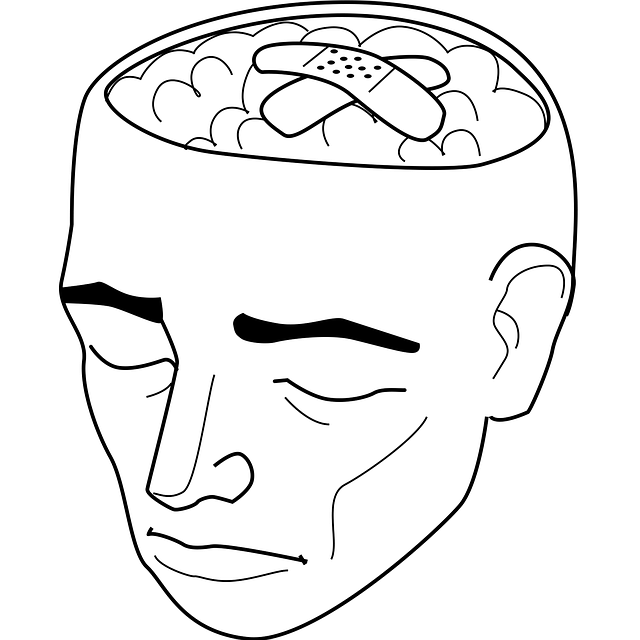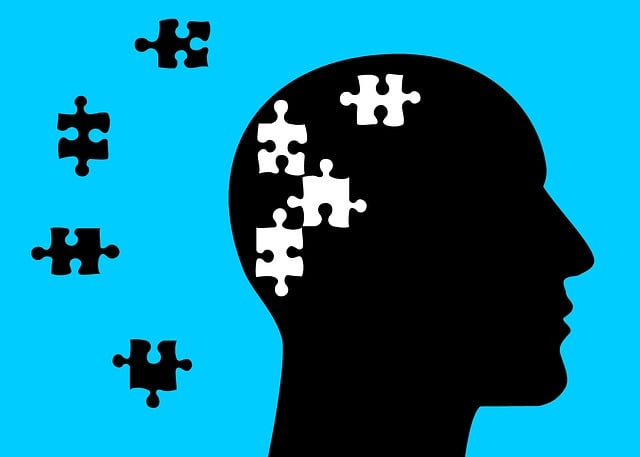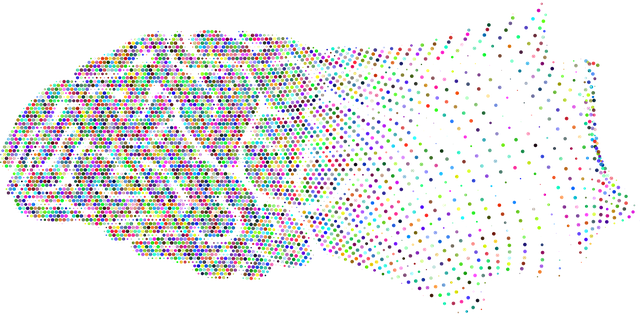Mental wellness coaching in Littleton should prioritize cultural sensitivity, especially for Mandarin Chinese-speaking communities facing limited access to tailored therapy. The key lies in integrating compassion cultivation practices and linguistically appropriate services, addressing underlying issues like low self-esteem. Tailored programs, incorporating risk management for healthcare providers, goal setting, evidence-based techniques, and adaptive strategies, significantly enhance mental health outcomes. Robust assessment tools, validating cultural sensitivity, are crucial for tracking client progress and data-driven program improvements.
Mental wellness coaching programs are gaining traction as effective tools for promoting holistic well-being. This article explores the development and impact of such programs, focusing on innovative approaches like the unique synergy of Littleton Mandarin Chinese Speaking Therapy. We delve into understanding mental health, the power of language in therapeutic contexts, and designing impactful coaching strategies. Additionally, cultural sensitivity is highlighted as a critical aspect for inclusive support, with a specific emphasis on how this method benefits diverse communities.
- Understanding Mental Wellness and its Impact on Individuals
- The Role of Language in Therapy: A Unique Approach with Littleton Mandarin Chinese Speaking Therapy
- Designing Effective Coaching Programs: Key Components and Strategies
- Incorporating Cultural Sensitivity for Inclusive Mental Health Support
- Measuring Success: Evaluating the Effectiveness of Coaching Interventions
Understanding Mental Wellness and its Impact on Individuals

Mental wellness refers to an individual’s emotional, psychological, and social well-being. It impacts every aspect of life, from relationships and work performance to overall quality of life. Unfortunately, mental health issues are prevalent worldwide, with conditions like anxiety and depression significantly affecting individuals across all demographics. In the case of Littleton Mandarin Chinese speaking communities, access to therapy and support services tailored to their linguistic and cultural needs can be limited, exacerbating existing challenges.
Promoting mental wellness involves addressing underlying issues such as low self-esteem, which often contributes to feelings of inadequacy and isolation. Effective strategies include compassion cultivation practices that foster understanding, kindness, and self-acceptance. By integrating these approaches, mental wellness coaching programs can empower individuals to manage stress, overcome anxiety, and enhance their overall well-being.
The Role of Language in Therapy: A Unique Approach with Littleton Mandarin Chinese Speaking Therapy

In the realm of mental wellness coaching, language plays a pivotal role in fostering effective therapy. One innovative approach gaining traction is Littleton Mandarin Chinese Speaking Therapy, tailored for individuals who prefer or speak this unique dialect. This method recognizes that therapeutic communication goes beyond mere words; it involves cultural nuances and linguistic subtleties. By employing compassionate cultivation practices, therapists create a safe space where clients can openly discuss their thoughts and emotions, facilitated by professionals who understand the intricacies of Mandarin Chinese.
Such therapy sessions not only address mental health concerns but also incorporate risk management planning for mental health professionals, ensuring a supportive environment. Moreover, it integrates burnout prevention strategies for healthcare providers, acknowledging the challenges faced by therapists themselves. This holistic approach leverages language as a tool to build stronger connections, enhance understanding, and ultimately improve outcomes in mental wellness coaching programs.
Designing Effective Coaching Programs: Key Components and Strategies

Effective coaching programs for mental wellness must be tailored to meet the unique needs of individuals seeking support. A successful program incorporates several key components, such as a clear understanding of the client’s goals and challenges, evidence-based techniques, and adaptive strategies that cater to diverse learning styles. Customized goal setting, regular progress assessments, and feedback mechanisms ensure accountability and help clients stay motivated throughout their journey towards improved mental health.
Integrating practices like Burnout Prevention Strategies for Healthcare Providers can be particularly beneficial in coaching programs aimed at professionals. Techniques focused on stress management, mindfulness, and positive thinking promote resilience and well-being. Moreover, incorporating elements of Mental Health Awareness into the curriculum fosters a supportive environment where individuals feel comfortable discussing their experiences and seeking help when needed. For Chinese-speaking communities in Littleton, Mandarin-language therapy options can enhance accessibility and cultural sensitivity, ensuring that coaching programs resonate deeply with participants.
Incorporating Cultural Sensitivity for Inclusive Mental Health Support

In an increasingly diverse society, mental wellness coaching programs must embrace cultural sensitivity to provide inclusive support for all individuals, regardless of their background. This is particularly crucial when serving communities like Littleton’s Mandarin Chinese speaking population, where specialized therapy services are essential. Incorporating Cultural Sensitivity ensures that therapists offer care tailored to the unique needs and experiences of these individuals, fostering a safe and non-judgmental environment. By understanding cultural nuances, mental health professionals can deliver effective Crisis Intervention Guidance and develop Empathy Building Strategies that resonate with clients from different walks of life.
For instance, therapists trained in Cultural Sensitivity in Mental Healthcare Practice can adapt their communication styles, understand familial dynamics, and recognize community-specific challenges. This approach not only enhances the therapeutic relationship but also improves treatment outcomes. By embracing diversity, mental wellness coaching programs contribute to breaking down barriers and promoting equitable access to quality care, ensuring that everyone receives the support they need for optimal mental health.
Measuring Success: Evaluating the Effectiveness of Coaching Interventions

Measuring success is a critical component of any mental wellness coaching program’s development. Evaluating the effectiveness of coaching interventions goes beyond simple client satisfaction surveys. It involves implementing robust assessment tools tailored to track changes in clients’ mental health symptoms, emotional well-being, and overall functioning. These assessments should be conducted pre- and post-coaching sessions, with follow-ups at designated intervals to capture the long-term impact.
For instance, a Littleton Mandarin Chinese Speaking Therapy program can utilize standardized questionnaires validated for cultural sensitivity to gauge anxiety, depression, and stress levels. Additionally, qualitative feedback through interviews or journal entries can offer valuable insights into clients’ experiences and perceived benefits. Integrating these evaluation methods enables mental health professionals to refine their coaching strategies, ensuring they align with the unique needs of their diverse clientele. It also facilitates data-driven decision-making, which is essential for improving program design and enhancing client outcomes, especially when coupled with comprehensive Risk Management Planning for Mental Health Professionals.
Mental wellness coaching programs, such as the innovative Littleton Mandarin Chinese Speaking Therapy, offer a promising path towards improved mental health support. By integrating cultural sensitivity and incorporating effective strategies, these programs can reach diverse populations. Key components like tailored communication, holistic approaches, and measurable evaluation ensure success in enhancing individuals’ mental well-being. This comprehensive development not only caters to specific needs but also revolutionizes access to care, making it more inclusive and impactful.














